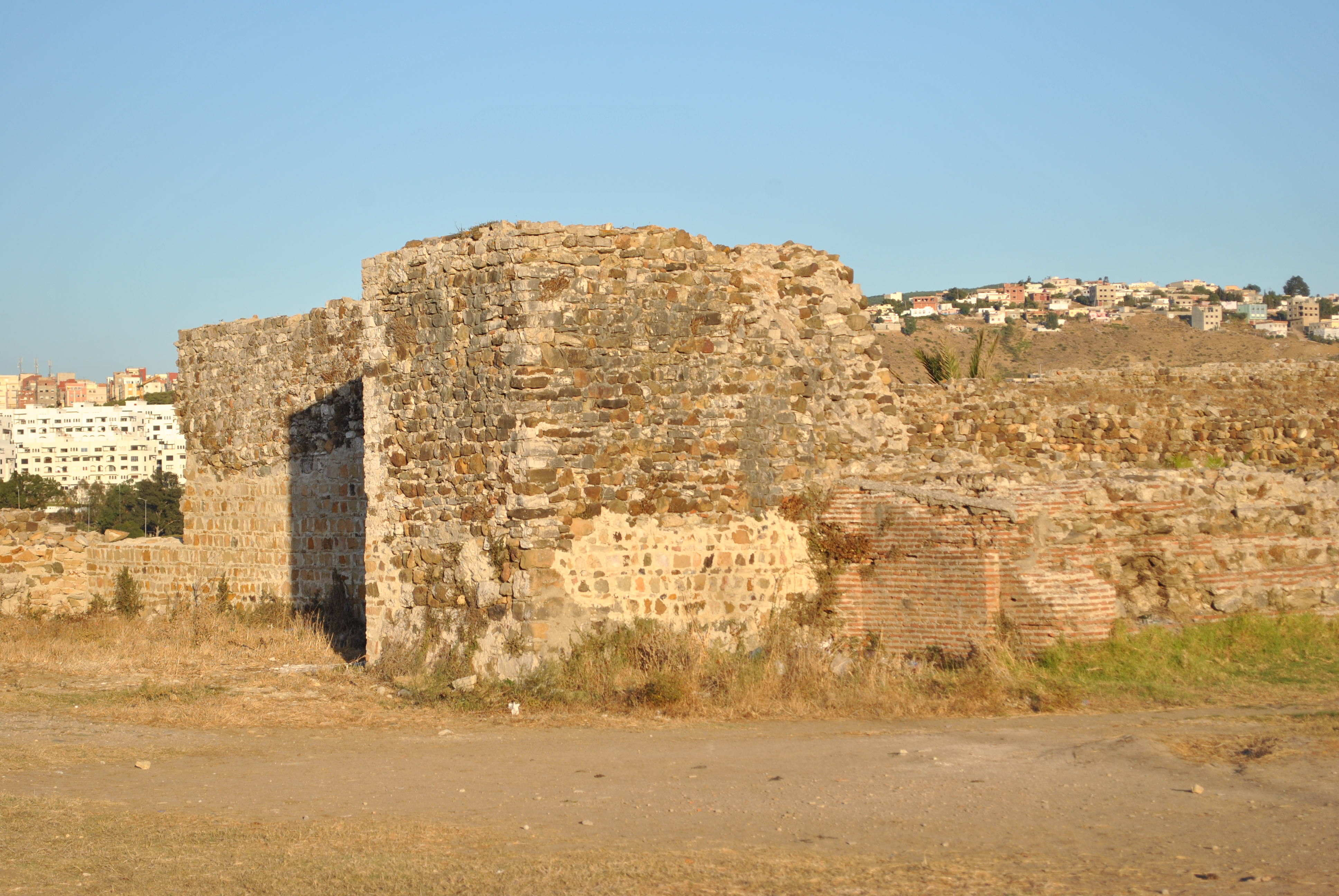|
José Benoliel
José Benoliel (1858–1937), also known as Joseph Benoliel, was a Moroccan writer and translator. Early life and work as an educator Benoliel was born in Tangier to a Moroccan-Jewish family. He had a brother, Salomon. In 1859, his family went to Spain for refuge during the Hispano–Moroccan War. They returned to Tangier in 1860 when the war had ended. He studied at the Alliance Israélite Universelle in addition to studying at yeshiva in Morocco. He completed his education at the AIU école in Paris. He was a teacher during his early years out of school at ''Mikveh Israel'' in Jaffa, then-part of the Ottoman Empire. He also worked in Tangier and Mogador. In 1881, he moved to Lisbon, working as a language teacher in French, Hebrew, and Arabic until his retirement in 1921. In 1887 Benoliel began as an instructor of French at the ''Escola Industrial Marquês de Pombal''. On March 17, 1888, he was authorized by the council of the Higher Course of Letters to teach a free course i ... [...More Info...] [...Related Items...] OR: [Wikipedia] [Google] [Baidu] |
Tangier
Tangier ( ; , , ) is a city in northwestern Morocco, on the coasts of the Mediterranean Sea and the Atlantic Ocean. The city is the capital city, capital of the Tanger-Tetouan-Al Hoceima region, as well as the Tangier-Assilah Prefecture of Morocco. Many civilisations and cultures have influenced the history of Tangier, starting from before the 10th centuryBCE. Starting as a strategic Phoenician town and trading centre, Tangier has been a nexus for many cultures. In 1923, it became an Tangier International Zone, international zone managed by colonialism in Africa, colonial powers and became a destination for many European and American diplomats, spies, Bohemianism, bohemians, writers and businessmen. That status came to an end with Moroccan independence, in phases between 1956 and 1960. By the early 21st century, Tangier was undergoing rapid development and modernisation. Projects include tourism projects along the bay, a modern business district called Tangier City Centre, an ai ... [...More Info...] [...Related Items...] OR: [Wikipedia] [Google] [Baidu] |
Luciano Cordeiro
Luciano Cordeiro (Mirandela, 21 July 1844 – Lisbon, 24 December 1900) was a Portuguese writer, historian, politician and geographer. Publications * "Livro de crítica" (Porto Porto (), also known in English language, English as Oporto, is the List of cities in Portugal, second largest city in Portugal, after Lisbon. It is the capital of the Porto District and one of the Iberian Peninsula's major urban areas. Porto c ..., 1869) * "Segundo Livro de crítica" (1871) * "De la part prise par les Portugais dans la découverte de l'Amérique" (1875) * "L'Hydrographie africaine" (1879) * "Dos Bancos portuguezes" (Lisbon, 1873) * "Viagens" (1874–1875) * "Estros e palcos" (1874) * "Soror Marianna" (1888) References External links * * 1844 births 1900 deaths Portuguese male writers 19th-century Portuguese writers People from Mirandela 19th-century Portuguese male writers {{Portugal-writer-stub ... [...More Info...] [...Related Items...] OR: [Wikipedia] [Google] [Baidu] |
Moroccan Translators
Moroccan may refer to: * Something or someone from, or related to the country of Morocco ** Moroccans, or Moroccan people ** Moroccan Arabic, spoken in Morocco ** Moroccan Jews See also * Morocco leather Morocco leather (also known as Levant, the French Maroquin, Turkey, or German Saffian from Safi, a Moroccan town famous for leather) is a vegetable-tanned leather known for its softness, pliability, and ability to take color. It has been widely ... * * {{disambig Language and nationality disambiguation pages ... [...More Info...] [...Related Items...] OR: [Wikipedia] [Google] [Baidu] |
19th-century Moroccan Writers
The 19th century began on 1 January 1801 (represented by the Roman numerals MDCCCI), and ended on 31 December 1900 (MCM). It was the 9th century of the 2nd millennium. It was characterized by vast social upheaval. Slavery was Abolitionism, abolished in much of Europe and the Americas. The First Industrial Revolution, though it began in the late 18th century, expanded beyond its British homeland for the first time during the 19th century, particularly remaking the economies and societies of the Low Countries, France, the Rhineland, Northern Italy, and the Northeastern United States. A few decades later, the Second Industrial Revolution led to ever more massive urbanization and much higher levels of productivity, profit, and prosperity, a pattern that continued into the 20th century. The Catholic Church, in response to the growing influence and power of modernism, secularism and materialism, formed the First Vatican Council in the late 19th century to deal with such problems an ... [...More Info...] [...Related Items...] OR: [Wikipedia] [Google] [Baidu] |

